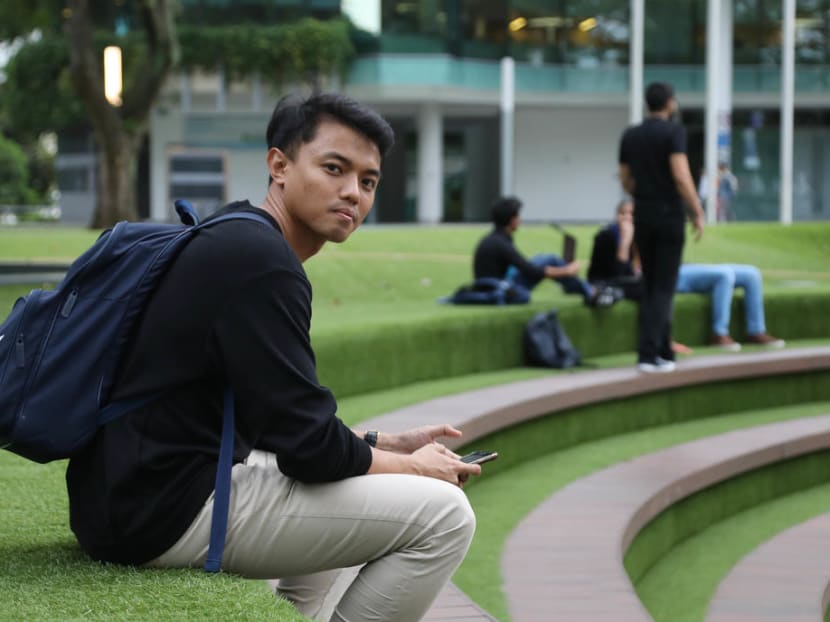The Big Read: Moving up the 'escalator' — it takes a village to ensure every S'porean has a fair shot in life
SINGAPORE — It is not a new phenomenon here and elsewhere but social inequality has once again become the talk of the town this past month.
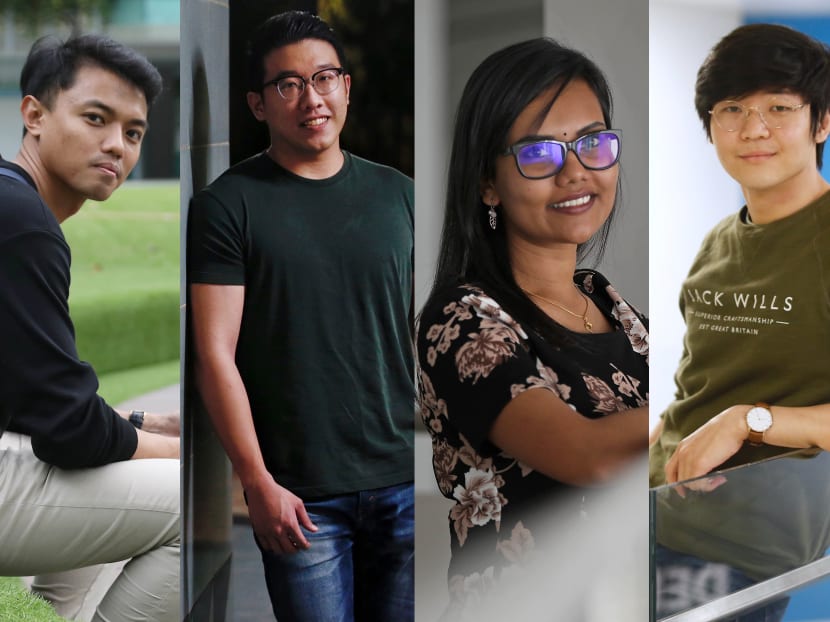
(L-R) Mr Mohammad Helmi, Mr Eric Lee, Ms R Abirami and Mr Tan Wang Ren were among the youths from disadvantaged backgrounds who told TODAY that their move up the "escalator" depended on grit and lots of support from those around them.
SINGAPORE — It is not a new phenomenon here and elsewhere, but social inequality has once again become the talk of the town this past month.
It began with a television documentary on the class divide in Singapore, which ignited a spirited debate on social media. Later, a string of global studies on social mobility and equality kept the issue in the spotlight and prompted various government leaders to weigh in.
A week after Channel NewsAsia’s much-discussed documentary, Regardless of Class, aired on Oct 1, a global index by United Kingdom-based charity Oxfam ranked Singapore 149 out of 157 countries for its efforts to reduce inequality, behind Bangladesh and above Laos.
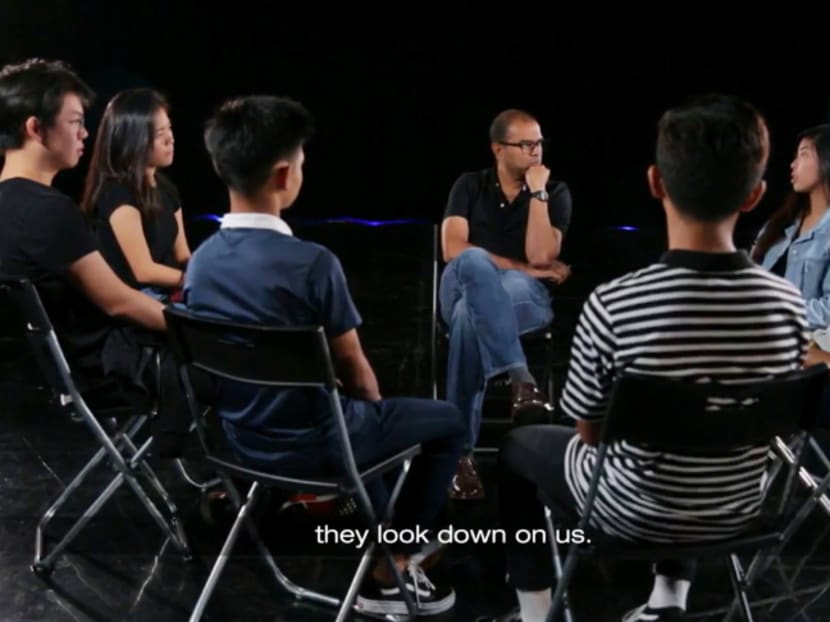
The Republic slipped 63 spots from the previous year, with the report citing the country’s very low tax rates which it said encourage corporates and high-earning individuals to evade taxes. Singapore also does not have a universal minimum wage, and has a relatively low level of public social spending in areas such as education, it added.
The Oct 9 report drew rebuttals from government leaders, who questioned its methodology. Social and Family Development Minister Desmond Lee, for instance, said the report assumed high taxes and public expenditure reflected commitment to combating inequality, stressing that the outcomes achieved were more important.
Days after the Oxfam study was released, another report placed Singapore at the top of the World Bank’s inaugural Human Capital Index of 157 countries. The index measures the human capital — defined as the knowledge, skills and health that people amass over their lives — that a child born today can expect to attain by age 18.
In the weeks that followed, Prime Minister Lee Hsien Loong and other government leaders waded into the debate, stressing that while the country has made strides in social mobility, the road ahead may be more difficult.
Among other things, Mr Lee noted at a closed-door dialogue with grassroots leaders last month that inequality has “always existed” here, but the country has worked hard to reduce this and “raise the base level up”, to ensure Singapore becomes a fair and just society. He cited efforts in providing high-quality, affordable homes and education for all as some examples.
Even so, Education Minister Ong Ye Kung conceded that Singapore’s meritocratic system may have paradoxically led to systemic unfairness where children have “different starting lines” in life.
This, however, stems from the success — not failure — of government policies, he added last week, a day after a report by the Organisation for Economic Co-operation and Development placed Singapore third for educational mobility behind Cyprus and the Russian Federation.
While the Equity in Education report found that the share of adults here aged 26 and above who attained a higher education than their parents was well above the average obtained by the countries studied, it also highlighted gaps. For instance, only 10 per cent of 15-year-old students from lower socio-economic backgrounds in Singapore attained equivalent scores in science that the top quarter of the country achieved.
More can be done, said Mr Ong, to counter the “unhealthy trend” of disadvantaged and privileged students being concentrated in certain schools, even as the education system continues to spur social mobility for students from poorer backgrounds.
OVERCOMING THE ODDS
This past week, TODAY sat down with several youths who had a disadvantaged start in life to find out about the challenges they confronted as well as the opportunities that came their way.
At home, some faced a dysfunctional environment with limited support for their educational needs. In school, their peers from more privileged families had a more favourable starting line and some would even talk down to them.
Their families lived paycheck to paycheck, with some unable to keep pace with their bills and daily needs.
But whatever they lacked, the youngsters made up for it through sheer grit, optimism and a maturity beyond their years. One young man, Mr Tan Wang Ren, 25, went from the Normal (Technical) to Express track in secondary school, earning praise from his principal who used his example to inspire others.
Others are en route to promising careers in science and engineering, or pursuing their postgraduate studies.
.embed-container { position: relative; padding-bottom: 56.25%; height: 0; overflow: hidden; max-width: 100%; } .embed-container iframe, .embed-container object, .embed-container embed { position: absolute; top: 0; left: 0; width: 100%; height: 100%; }Many acknowledge the kindness — and crucial role — of teachers, fellow students and mentors who went out of their way to nudge them in the right direction, and lend a helping hand.
In some cases, their parents also played a vital role in prodding them into doing better so that they could move up the social ladder. Financial assistance schemes and grants also helped them seize opportunities otherwise beyond their reach.
Others who have thrived despite the hard times, such as siblings Faris Malik, 26, and Farah Malik, 23, are paying it forward.
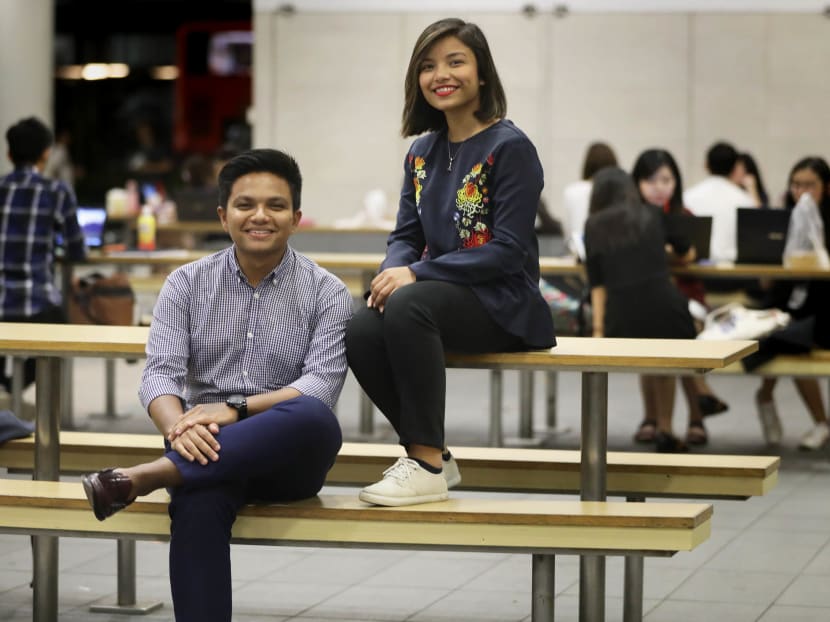
The pair set up social enterprise Sky High Educators in 2014 to offer tuition services at affordable rates, benefiting both underprivileged students and their tutors, mostly undergraduates, by providing them with a source of income.
While the odds remain stacked against those from disadvantaged backgrounds, these stories show social mobility remains well and alive among the Republic’s younger generation, if they are given adequate support and access to resources.
But they may be too few and far between, and the authorities are taking notice.
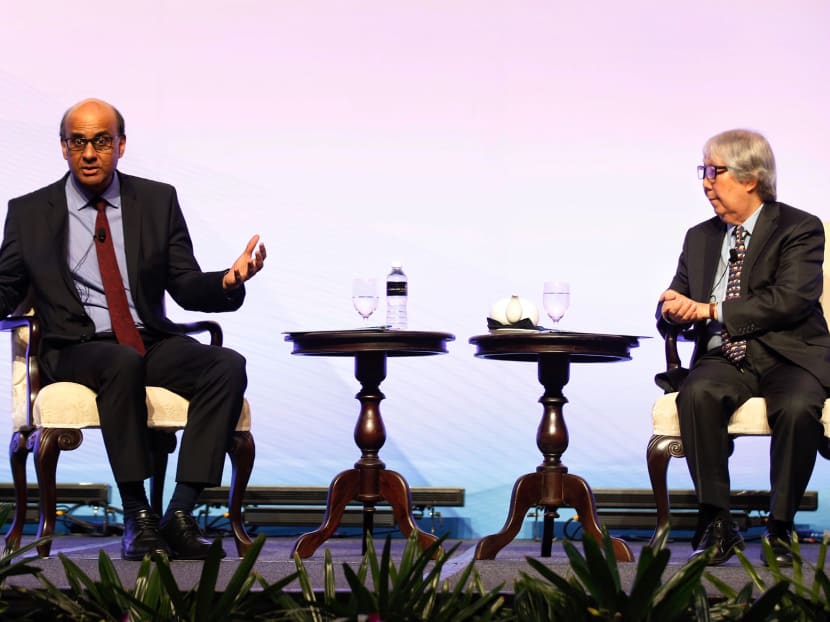
As Deputy Prime Minister Tharman Shanmugaratnam warned last week, people who have moved up the social ladder invest in the subsequent generations as much as they can, but conversely, those who fail to succeed are finding that the obstacles before them have grown bigger.
Singapore needs to work harder to "keep that escalator moving for everyone", as Mr Tharman put it. "It makes it much easier to have social mobility with a moving escalator,” he added.
At the same time, as the stories of the youths show, it takes a village not only to raise a child, but to ensure he or she is given a fair shot in life.
For this week's Big Read, TODAY sat down with several youths who had a disadvantaged start in life to find out about the challenges they confronted as well as the opportunities that came their way. Read their profiles here:
Teachers, friends help Normal (Tech) student in his journey to NUSA nudge from his older brother and family friend, and prodding and support from his school spurred Mr Tan Wang Ren, 25, to pull off something that no one in his school had done before: Move up to the Express stream from Normal (Technical). Read more here.
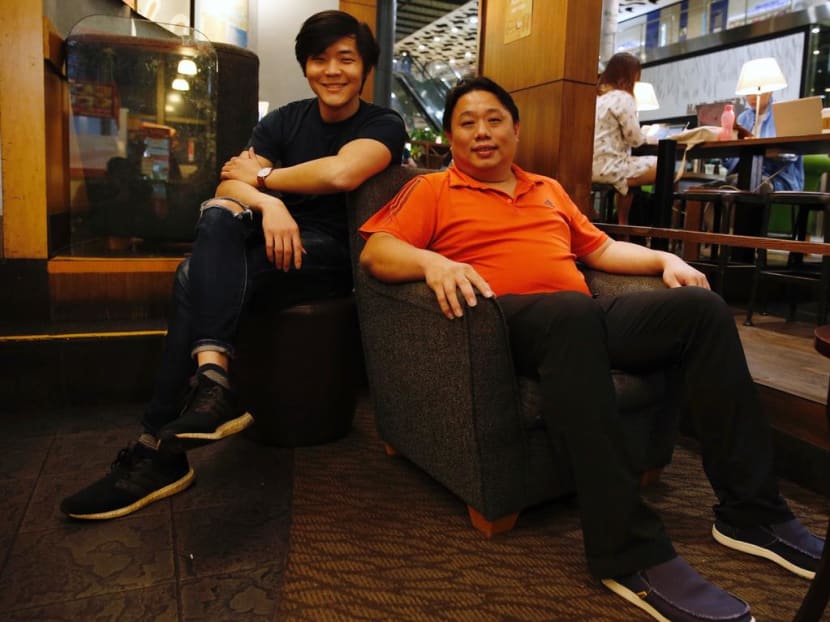
As a young child growing up in a three-room flat in Toa Payoh, Mr Eric Lee was aware that finances were tight for his family of five. His father, a blue-collar worker in a fibreglass company, was the sole breadwinner, and his homemaker mother occasionally took on babysitting jobs to help supplement the family’s income. Read more here.
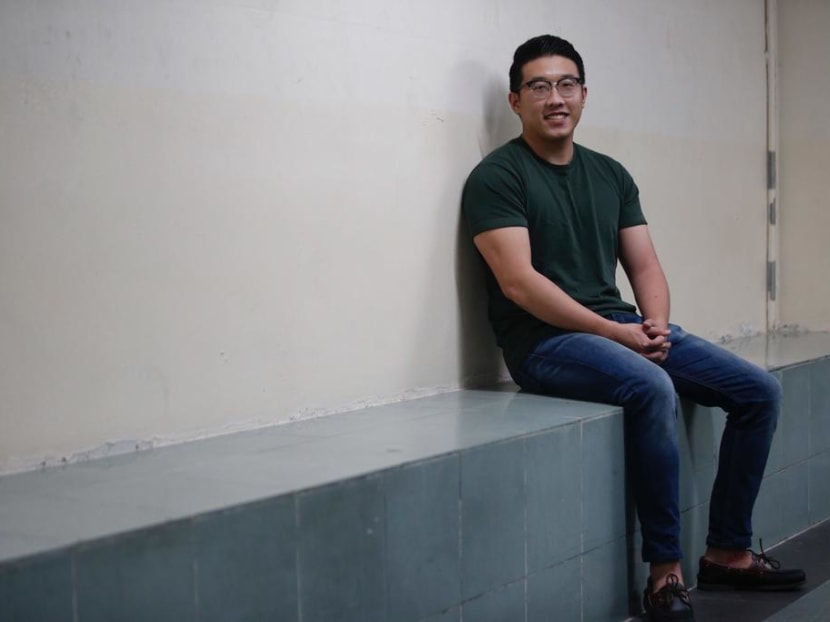
After finishing her polytechnic diploma in biomedical science in 2013, Ms R Abirami took a leap of faith, electing to pursue her undergraduate studies part-time as she did not want to further burden her father’s finances. Read more here.
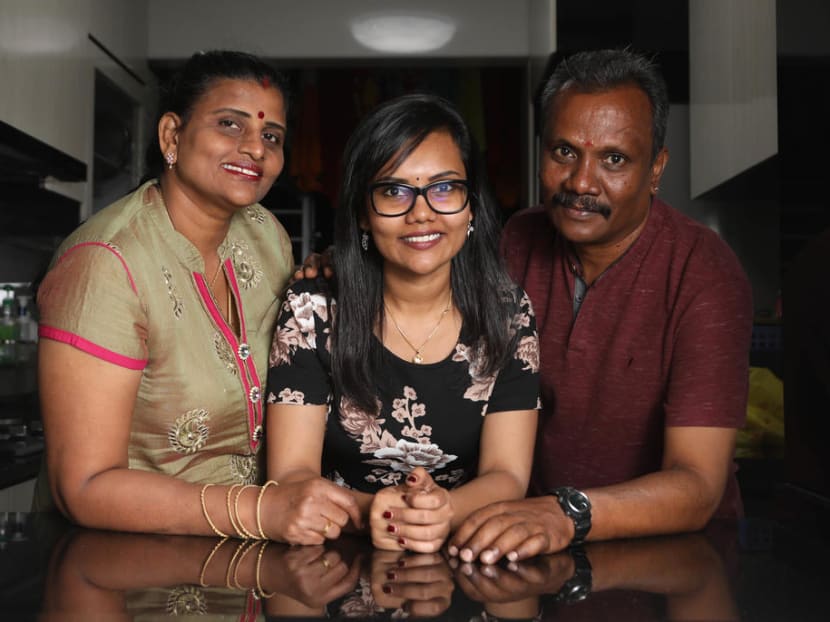
For Mr Mohammad Helmi, 24, the financial hardships he had weathered during his younger days turned him into a resilient young man raring to create a better life for himself and his family. Read more here.
